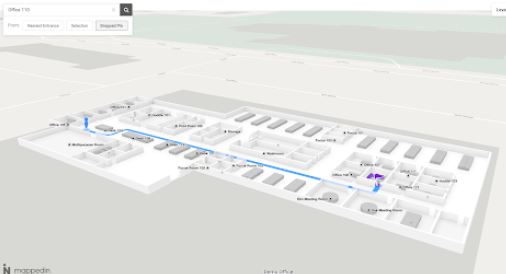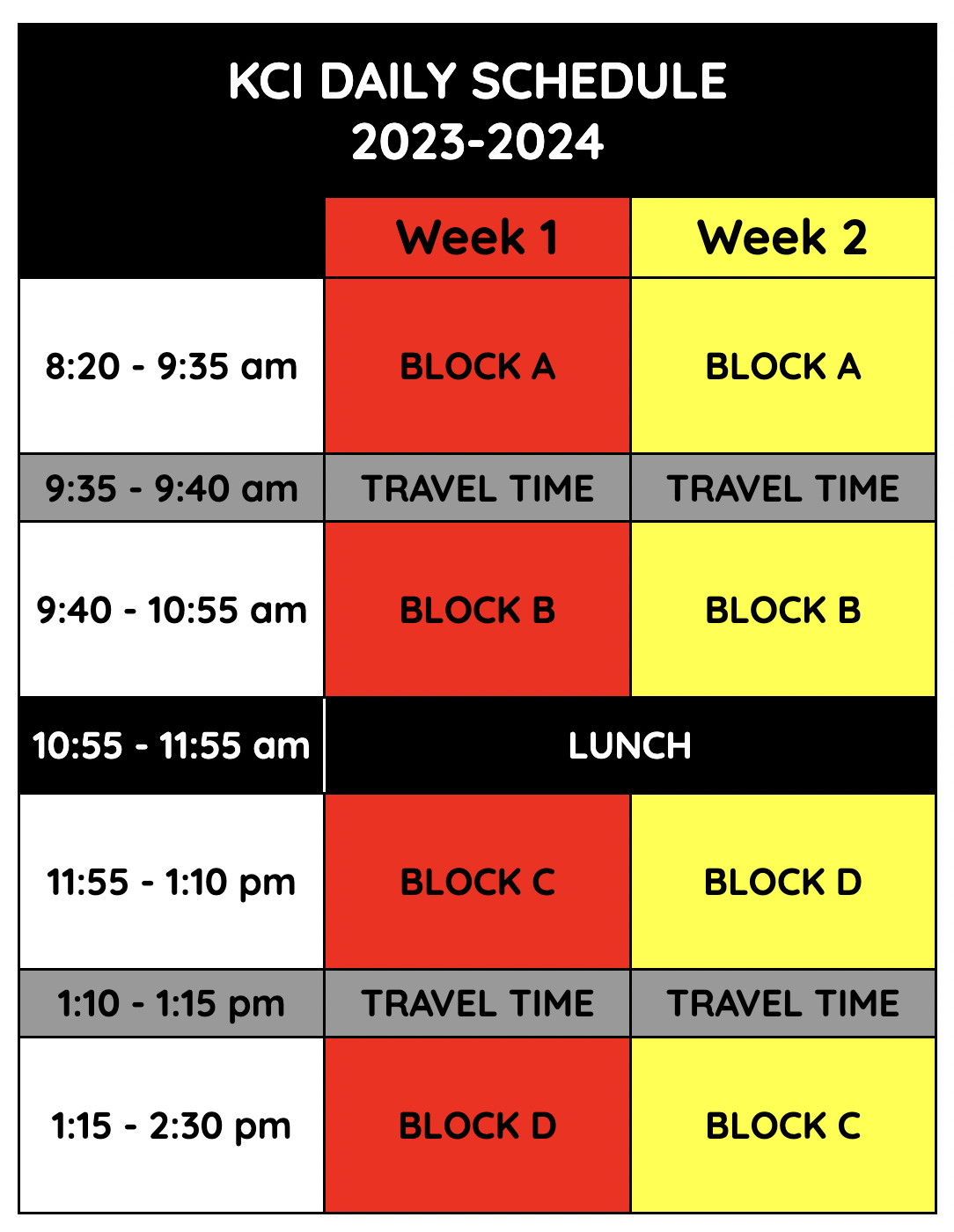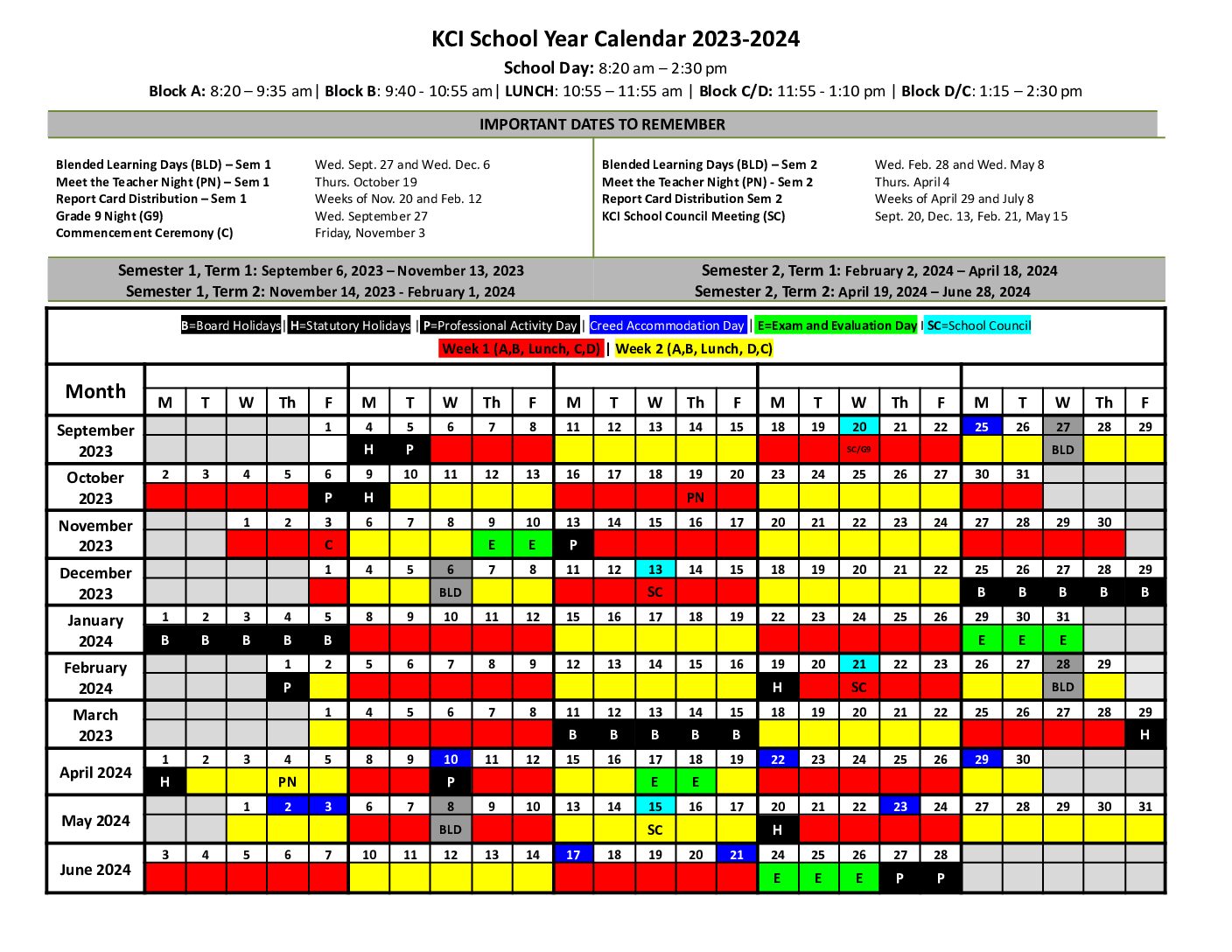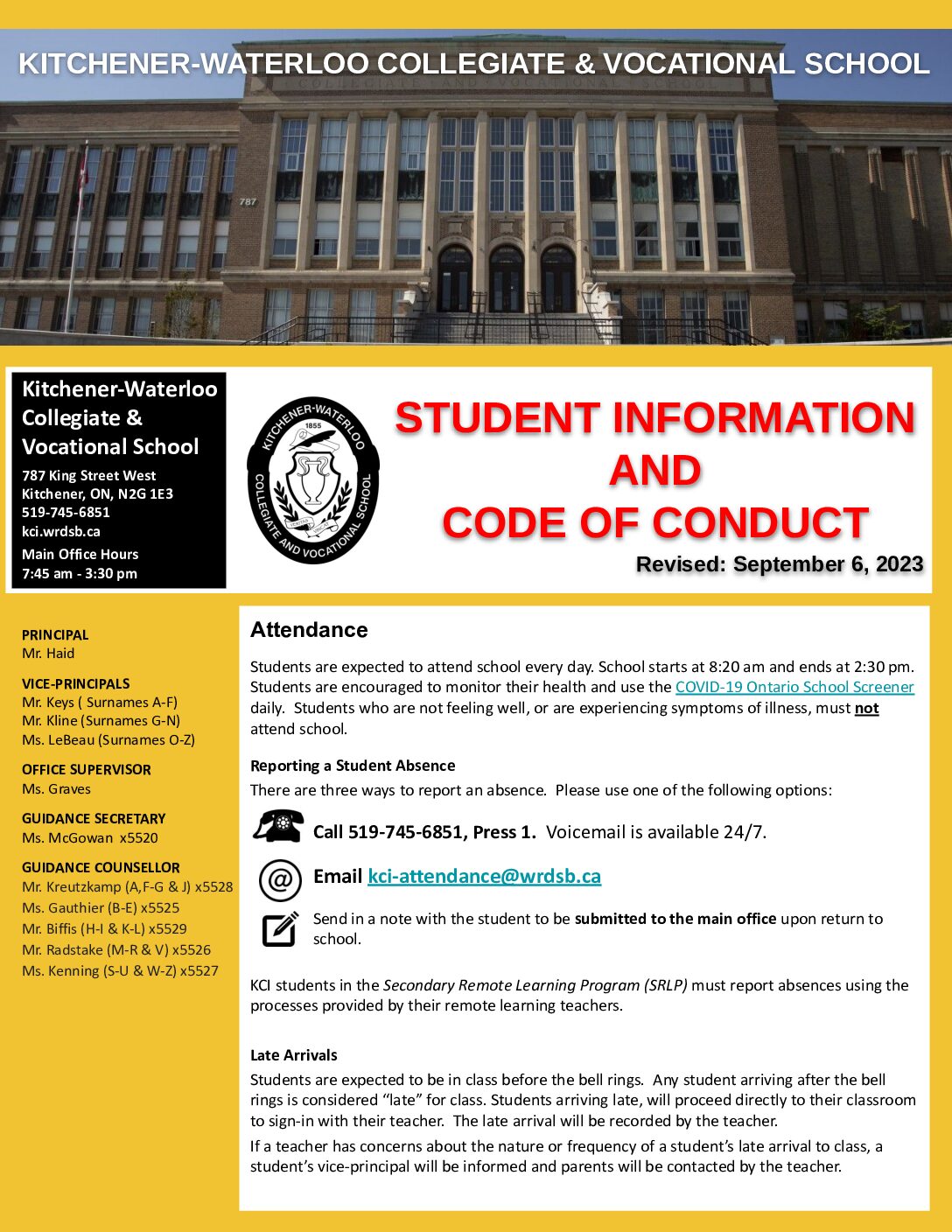Contents
- 1Welcome to History, Social Science, and Humanities!
- 1.1Get Involved
- 1.2What Students Have to Say About Our Courses
- 2Course Descriptions
- 3Grade 10
- 3.1Canadian History in the 20th Century - CHC 2DI / 2DF / 2LB
- 3.2Civics - CHV 20H / 20F / 20B
- 4Grade 11
- 4.1CHG33I: Genocide and Crimes Against Humanity
- 4.2Introduction to Anthropology, Psychology, and Sociology - HSP 3UI / 3CI / 3EB
- 4.3Current Aboriginal Issues in Canada - NDA 3MI / 3MF
- 5Grade 12
- 5.1West and the World - CHY 4UI
- 5.2Challenge and Change in Society - HSB 4UI
- 5.3Equity and Social Justice: From Theory to Practice - HSE 4MI
- 5.4Philosophy: Questions and Theories - HZT 4UI
- 5.5Issues of Indigenous Peoples in a Global Context - NDW 4MI
Welcome to History, Social Science, and Humanities!
“Those who cannot remember the past, are condemned to repeat it.” – George Santayana
History is about stories: stories of compassion, competition, conflict, and conciliation. When we study history, we are learning about ourselves. The purpose of historical inquiry is not only to establish the facts and place events on a timeline, but to search for new meanings and interpretations of the past. When we deconstruct the past, we can understand the present and face the future intelligently. An exploration of historical events enables us to understand the ramifications of controversies, worldviews, future directions, and the global realities we are facing.
The history courses at KCI encourage higher-level thinking and the broadening of current perceptions in order to foster extraordinary Canadian citizens. Success in these courses is not measured simply in terms of how well students memorize facts, but how they assess events, ideas and values that affect them personally and their society as a community. Our courses actively involve students in research, critical thinking, problem solving, and decision making. They also help students develop exceptional communication skills and technological skills as they collect, organize, interpret, and present information.
In grade 10, Canadian History and Civics are compulsory courses. Canadian History explores the local, national, and global forces that have shaped Canada’ national identity from World War I to the present. Civics explores what it means to be an engaged citizen in this community and world, and examines the structure and function of the Canadian parliamentary system as compared to governments over time and across the globe.
In grades 11 and 12, elective courses become more specialized as they diverge into histories, social sciences, humanities and native studies. History courses include Ancient Civilizations, The West and The World, and American History. Social science courses include, Introduction to Anthropology, Psychology, and Sociology, and Challenge and Change in Society. For courses in the humanities, try World Religions, Philosophy in grades 11 and 12, and Politics. Finally we offer native studies courses in grades 11 and 12: Current Aboriginal Issues, and Issues of Indigenous Peoples in a Global Context.
Get Involved
There area a few history extracurriculars! KCI students participate in a Fed/Prov simulation with other schools in the region, a yearly event that’s been running since 1965. And every election year, we run a Student Vote allowing all KCI students to participate in the democratic process.
What Students Have to Say About Our Courses
- “All the teachers really know what they’re talking about and make the information interesting and relevant to real life.”
- “Discussions always end up being about things students actually want to talk about.”
- “We actually get to learn histories of people and ideas instead of memorizing dates.”
- “The things we learn in history come in handy more often than you think.”
- “The teachers teach in creative ways that really allow students to learn.”
- “The classes are made fun by teachers who love the courses they teach so much they can barely contain their enthusiasm!
Course Descriptions
Grade 10
Canadian History in the 20th Century – CHC 2DI / 2DF / 2LB
This course explores the local, national, and global forces that have shaped Canada’s national identity from World War I to the present. Students will investigate the challenges presented by economic, social, and technological changes and explore the contributions of individuals and groups to Canadian culture and society during this period. Students will use critical-thinking and communication skills to evaluate various interpretations of the issues and events of the period and to present their own points of view.
Civics – CHV 20H / 20F / 20B
In civics, students explore what it means to be a “responsible citizen” in the local, national, and global arenas. They examine the structures and functions of the three levels of government, as well as the dimensions of democracy, notions of democratic citizenship, and the political decision-making processes. They are encouraged to identify and clarify their own beliefs and values and to develop an appreciation or understanding of others’ beliefs and values about questions of civic importance.
Grade 11
CHG33I: Genocide and Crimes Against Humanity
Genocide : This ultimate violation of human rights is not entirely uncommon in human history. In this course we will investigate Crimes against Humanity in the twentieth and twenty-first centuries, including the Armenian Genocide, the Holocaust, the Killing Fields of Cambodia, the Rwandan genocide. Students will investigate the terms genocide, crimes against humanity, and war crimes, and explore them through the lens of historical analysis. Students will examine identity formation and how “in groups” and “out groups” are created, including analyzing how bias, stereotypes, prejudice, and discrimination impact on various groups. Students will use critical-thinking skills to evaluate the world’s response, or lack thereof, to mass killings and also discuss the ways in which active citizens may empower themselves to stop future genocides.
Introduction to Anthropology, Psychology, and Sociology – HSP 3UI / 3CI / 3EB
Learn the basics of the social sciences. How are human beings different from animals? Are teenagers so different from other life forms? Did your parents, friends, and media create your personality, or is there a real you? What causes mental illness, and how can we treat it? What would Freud, Piaget, or Pavlov say?
Current Aboriginal Issues in Canada – NDA 3MI / 3MF
This course focuses on existing and emerging issues of importance to Aboriginal peoples in Canada. Students will investigate issues related to identity, relationships among Aboriginal peoples and between Aboriginal peoples and other Canadians, sovereignty principles as presented by Aboriginal peoples, and the contemporary challenges posed by these issues. Students will also examine such topics as language preservation, the responsibilities of Aboriginal women and men, and the need for dialogue between Aboriginal and non- Aboriginal peoples.
Grade 12
West and the World – CHY 4UI
Explore the history of the world since the 16th century including the interaction between different regions. Why do revolutions occur? Did God die with Martin Luther, John Calvin, the French Revolution, and Karl Marx? Learn what is required to excel at history in university. Focus will be on developing writing skills and a capacity to listen and debate within an academic setting. Also offered as an Advanced Placement course. Prerequisite: Any university preparation course in English, history, social sciences, or humanities.
Challenge and Change in Society – HSB 4UI
Can one person really make a difference? Why are you the way you are, and how can you change? Can we change? Use social science theories to explore why we hate, why we buy too much, and why we just don’t care about the world around us. Explore the challenges we face through studies of scandals in big business. Lots of interactive exercises and fun personal challenges for marks! Prerequisite: Any university preparation course in English, history, social sciences, or humanities. HSP 3U/CI is not a necessary prerequisite.
Equity and Social Justice: From Theory to Practice – HSE 4MI
This course enables students to develop an understanding of the theoretical, social, and historical underpinnings of various equity and social justice issues and to analyse strategies for bringing about positive social change. Students will learn about historical and contemporary equity and social justice issues in Canada and globally. They will explore power relations and the impact of a variety of factors on equity and social justice. Students will develop and apply research skills and will design and implement an action plan relating to an equity or social justice issue.
Some questions we will consider throughout the course:
- What does social justice mean in a “post” pandemic world?
- How does social justice relate to identity and the self?
- What is the history of social justice movements?
- How can theory inform our existing understandings of racism, sexism, transphobia and other forms of oppression?
- How can we learn to communicate with one another in an increasingly polarizing world?
Philosophy: Questions and Theories – HZT 4UI
This course taps ancient and current ideas to explore mysteries about existence, human nature, life, love, sex, evil, friendship, politics, and morality. We try to determine what’s the best way to live an ethical life, create a virtuous society, and just get along. The class focuses on lively discussion, open debates, reading primary sources of philosophy, and developing strong writing skills for university. Where else can you get marks for arguing with the teacher?! Prerequisite: Any university preparation course in English, history, social sciences, or humanities.
Issues of Indigenous Peoples in a Global Context – NDW 4MI
This course provides students with an overview of the issues and challenges that confront indigenous peoples worldwide. Students will develop an understanding of the concerns and aspirations of the world’s indigenous population, plan and conduct research on global issues that have an impact on indigenous peoples, and use information technology to consult materials related to the views of indigenous peoples throughout the world.




